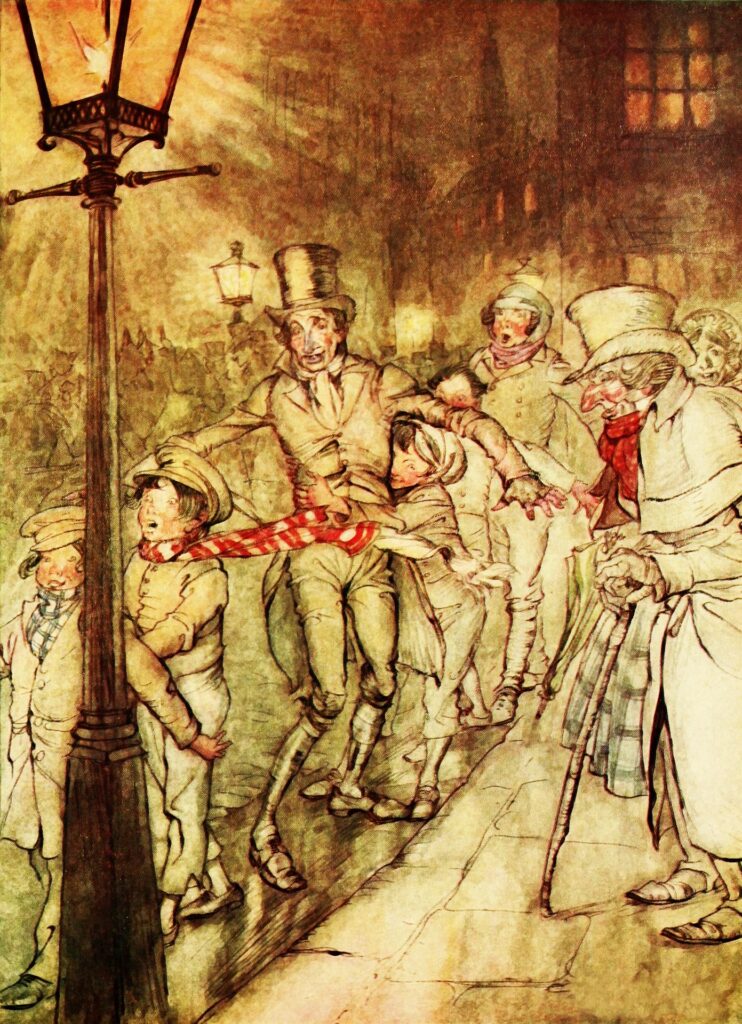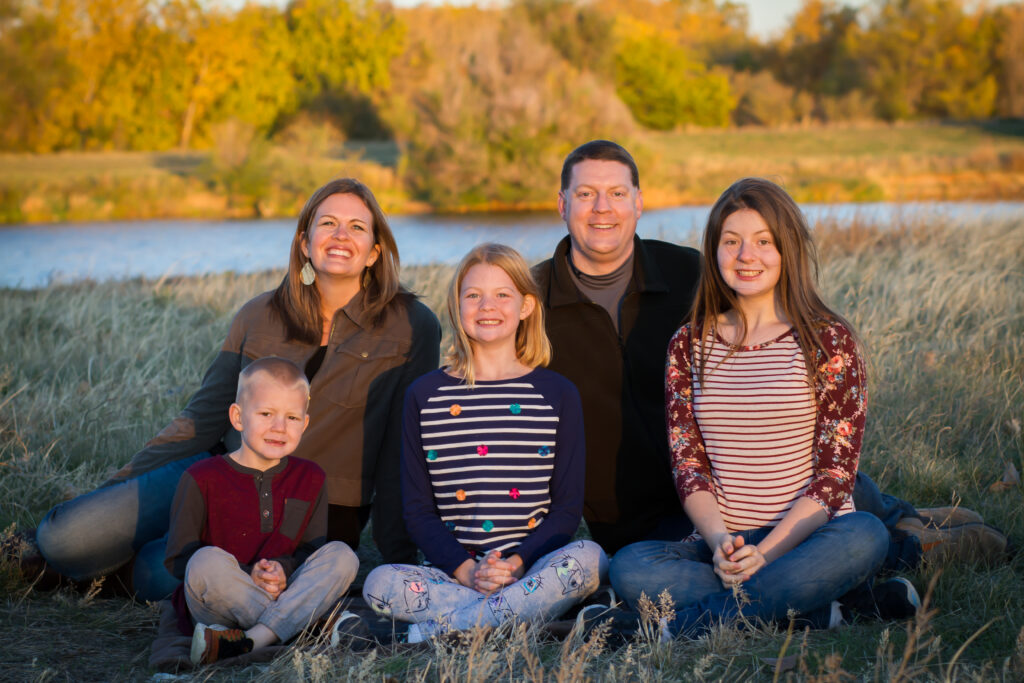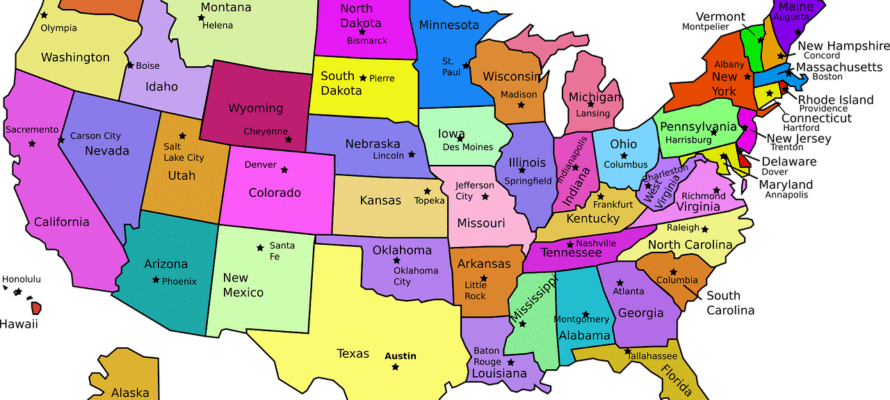
In Charles Dickens’ classic Christmas tale “A Christmas Carol” the miserly Ebeneezer Scrooge is taught the true meaning of Christmas. The lesson is taught by three ghosts, the ghost of Christmas Past, ghost of Christmas Present, and ghost of Christmas Yet to Come. In the end, Ebeneezer Scrooge learns his lesson and becomes a generous, happy soul.
Christmas this year seems to be filled with displays of Santa Claus popping up in businesses everywhere. It seems like every other advertisement is using the Christmas holiday to promote their product as the perfect gift. I have already taken my family out shopping for Christmas gifts, and even though we had to wait in line to enter the stores, we have had a great time looking for the perfect gifts for each other.
Admittedly, I am somewhat like Ebeneezer Scrooge in that I know that Christmas is not all about gifts, but since gifts and gift giving (and I suppose gift receiving) are part of the Christmas season, I wanted to talk about why estate planning is a gift, the final gift you give to your children.
To be perfectly clear, I am not writing to tell you that setting up an estate plan is what you should give or get for Christmas! My children would tell me that giving or getting an estate plan for Christmas would be worse than getting coal in their stocking😂, and I don’t want to upset my children, your children, or get you in trouble for a terrible gift. However, setting up an estate plan can be the final, good gift that you give your children.
If you are anything like me, you only want what is best for your children. I have spent my childrens’ entire lives doing what is best for them. I provide food, clothing, shelter, and give my children opportunities to learn and grow. I only want what is best for them, which doesn’t always mean doing everything for them! I want to teach them how to work, make good decisions, and become good, productive members of society. I want them to be able to be responsible for their own lives. All of the parents that I know have the same, or similar aspirations for their children, and I think you do too.

Setting up a good estate plan helps with these goals after we are all gone. An estate plan can be a multi-layered gift that helps your children in many ways. You don’t need three Christmas ghosts, but you can give your children three different gifts through an estate plan.
For a first gift: You can specify what you want to have happen to your assets, and even control the asset after you die. Such a plan can help your children to succeed after your death.
Second, by setting up a good estate plan, you can pass along your assets to your children in a predictable and orderly manner. Hopefully that will avoid fights among the children.
Third, you can decide how you want to be cared for later in life, sparing your children from having uncomfortable conversations about what you might want. You can make the hard decisions so your children don’t have to do so.
Your estate plan can be your final good gift to your children. In this blog, I will do a deep dive into each gift!
The First Gift of Estate Planning: Helping Your Children After You are Gone
 The simplest way to help your children after you are gone is to leave them your assets, so they have more money to pay for life. The amount of money you leave depends on your specific circumstances, whether you are a billionaire, a millionaire, a thousandaire, a hundredaire, or whatever someone who had less than a hundred dollars would be called.
The simplest way to help your children after you are gone is to leave them your assets, so they have more money to pay for life. The amount of money you leave depends on your specific circumstances, whether you are a billionaire, a millionaire, a thousandaire, a hundredaire, or whatever someone who had less than a hundred dollars would be called.
If you can leave some money to your children, that will help them. I have a client who died and left $10,000 to each of their children…not a lot, but enough to pay for some dental expenses for one, a nice vacation for another, and legal fees for the third. The children were amazed that their mother died just at the right time to help them out.
The manner in which you leave assets to your children can also be helpful. Sometimes, leaving all assets outright is not a great idea. Your children may not be good with money, or they may not be able to handle a lump sum gift wisely. If that is the case, you could use a trust to control assets after you pass away. Using a trust will allow you to pass on assets over time, or give money to support things like buying a house, or paying for a wedding, such that you are supporting your children even after you are gone. This may not be what everyone needs, but a trust can be quite useful in the right circumstances.
The Second Gift of Estate Planning: A Smooth Transfer of Assets
 Your estate plan lets you decide and dictate what happens to your assets after you die. I know this seems like it should be simple and straightforward, but sometimes it is not. I know of a family where the grandmother recently passed away, and now the family is trying to sell the house. The family member who is in charge of selling the house has been telling her siblings that she needs to be paid back for all the things she paid on behalf of the grandmother over the past few years. The other siblings are not so sure about that. The other siblings want to see the estate plan to see where it is written that the expenses are to be reimbursed out of the sale of the house. The family member does not want to show the other siblings the estate plan, despite that being the other siblings’ legal right. The family member in charge also is claiming the grandmother orally promised a plot of land to this family member. If such instructions are not part of the written estate plan, then such instructions will not be carried out.
Your estate plan lets you decide and dictate what happens to your assets after you die. I know this seems like it should be simple and straightforward, but sometimes it is not. I know of a family where the grandmother recently passed away, and now the family is trying to sell the house. The family member who is in charge of selling the house has been telling her siblings that she needs to be paid back for all the things she paid on behalf of the grandmother over the past few years. The other siblings are not so sure about that. The other siblings want to see the estate plan to see where it is written that the expenses are to be reimbursed out of the sale of the house. The family member does not want to show the other siblings the estate plan, despite that being the other siblings’ legal right. The family member in charge also is claiming the grandmother orally promised a plot of land to this family member. If such instructions are not part of the written estate plan, then such instructions will not be carried out.
If the grandmother’s estate plan has straightforward instructions and contains written provisions for who was to be paid what – including reimbursement for expenses, if allowed, then this situation should be simply resolved by reading the estate plan and carrying out the instructions. I suspect the estate plan does not contain such provisions, which is why the person in charge is not so forthcoming. You don’t want to do this to your children. You want to have clear instruction, so that your children do not fight and are not distrustful of one another. Don’t let a lifetime of caring for your children end on a sour note of not having a good estate plan, which could lead to distrust and fights. Instead give your children the gift of clear instructions in a good estate plan.
The Third Gift of Estate Planning: Handling Hard Decisions at the End of Life
 An estate plan doesn’t just include what happens to your assets when you pass away. An integral part of your estate plan is describing how you get from here to the end, including setting up a financial power of attorney, medical power of attorney, and living will. These documents allow people to make decisions for you, and also allow you to make your wishes known on difficult topics, like what medical treatments you do, or do not want to receive, and how to handle financial affairs near the near the end of your life. You can make difficult decisions on how long to continue treatment like life support, or when to end such treatment, which is not a decision you want to leave up to your children.
An estate plan doesn’t just include what happens to your assets when you pass away. An integral part of your estate plan is describing how you get from here to the end, including setting up a financial power of attorney, medical power of attorney, and living will. These documents allow people to make decisions for you, and also allow you to make your wishes known on difficult topics, like what medical treatments you do, or do not want to receive, and how to handle financial affairs near the near the end of your life. You can make difficult decisions on how long to continue treatment like life support, or when to end such treatment, which is not a decision you want to leave up to your children.
I have friends who work as nurses in the Intensive Care Unit (ICU) of hospitals. They tell me stories about families needing to make the agonizing decisions concerning continuing treatment / life support for a parent who is gravely ill. Families cry, wrestle with and languish over the decision, and sometimes fight over how to proceed.
By setting up an estate plan to clearly state your wishes, your family and your children are spared needing to make such terribly difficult decisions. You may not want to make the decision yourself, but if you put it off on your children, then that would be the opposite of what you have done the rest of your life in giving your children what is best for them.
Give the Gift of Estate Planning
 Again, you don’t need to make an estate plan and give it to your children for Christmas, though I might like to see the look on the faces of your children if you do! You don’t need to pay for an estate plan for your parents, or your children, but you should plan for your own demise. Your children may not be able to thank you in person, but they will appreciate it. They may even quote Tiny Tim from “A Christmas Carol” and say, “God Bless Us, Every One.”
Again, you don’t need to make an estate plan and give it to your children for Christmas, though I might like to see the look on the faces of your children if you do! You don’t need to pay for an estate plan for your parents, or your children, but you should plan for your own demise. Your children may not be able to thank you in person, but they will appreciate it. They may even quote Tiny Tim from “A Christmas Carol” and say, “God Bless Us, Every One.”

 720-730-7274
720-730-7274









